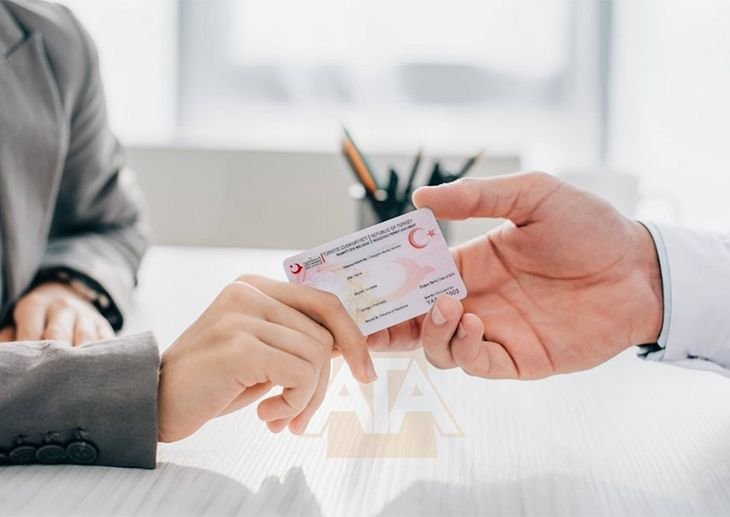
Applying for a residence permit is a crucial step for individuals planning to stay in a foreign country for an extended period. Whether you’re studying, working, or reuniting with family, understanding the process and requirements is essential to ensure a smooth application and approval.
A Guide to Applying for a Residence Permit
A residence permit grants individuals the legal right to reside in a foreign country for a specified duration. It is not the same as citizenship but provides legal status to stay and engage in specific activities, such as employment or education. This article aims to guide you through the process of applying for a residence permit, ensuring clarity and understanding throughout.
Understanding Residence Permits
Definition and Purpose
A residence permit is an official document issued by a government authority that allows foreign nationals to live in a country legally. The permit’s purpose varies based on the type issued, such as study permits for students, work permits for employees, and family reunification permits for relatives of residents or citizens.
Different Types of Residence Permits
Residence permits can be categorized into several types, each tailored to different purposes and circumstances:
- Student Permits: Issued to individuals enrolled in educational programs.
- Work Permits: Granted to foreigners employed within the country.
- Family Reunification Permits: Allows family members to join a resident or citizen.
- Permanent Residence Permits: Grants long-term residency rights without the need for renewal. Understanding these distinctions is crucial as each type has specific eligibility criteria and application procedures.
Eligibility Criteria
To qualify for a residence permit, applicants must meet general and specific requirements:
- General Requirements: Typically include a valid passport, proof of financial means, and a clean criminal record.
- Specific Requirements: Vary based on the type of permit sought, such as admission to a recognized institution for student permits or a job offer for work permits. Meeting these criteria is essential to avoid delays or rejections during the application process.
Steps to Apply for a Residence Permit
Applying for a residence permit involves Apply for residence permit several key steps that applicants must follow diligently to ensure a successful application process:
Research and Preparation Before Applying
Before applying, research the specific requirements and procedures for the type of residence permit you need. This includes understanding the immigration laws and policies of the country you intend to reside in. Gather all necessary documents and information to support your application, such as proof of identity, proof of financial stability, and any required medical examinations.
Application Process
Once you have gathered all required documents and information, proceed with the application process:
Where and How to Submit the Application
Submit your application to the designated immigration office or consulate either online or in person, depending on the country’s procedures. Follow the instructions carefully and ensure all forms are completed accurately to avoid unnecessary delays.
Fees and Processing Times
Pay the required application fees, which vary depending on the type and duration of the residence permit. Processing times also vary but can range from a few weeks to several months. It is essential to apply well in advance of your intended travel or residency start date to account for processing delays.
Interview and Biometrics
What to Expect During the Interview (if Applicable)
Some residence permit applications may require an interview to assess your eligibility further. Prepare by familiarizing yourself with common interview questions and ensuring you can articulate your reasons for seeking residency and how you meet the criteria.
Biometric Data Collection Process
Many countries now require biometric data, such as fingerprints and photographs, as part of the application process. Attend the biometric appointment as scheduled and provide the necessary information to complete this step.
Waiting Period and Decision
How Long It Typically Takes to Receive a Decision
After submitting your application and attending any required interviews or biometric appointments, you will enter a waiting period. Processing times vary widely, but most countries provide an estimated timeframe. You can check the status of your application online or through designated channels provided by the immigration authority.
Common Reasons for Delays or Rejections
Delays or rejections can occur for various reasons, including incomplete documentation, failure to meet eligibility criteria, or changes in immigration policies. If your application is delayed or rejected, you will typically receive a notification outlining the reasons and any recourse available to you.
After Receiving the Permit
Understanding the Conditions of Your Permit
Upon approval, carefully review the conditions of your residence permit. This includes any restrictions on employment, study, or travel within and outside the country. Compliance with these conditions is essential to maintain legal residency status.
Renewal and Extension Process
Residence permits are often valid for a limited duration, after which they must be renewed or extended. Begin the renewal process well in advance of your permit’s expiration date to ensure continuous legal residency. Requirements for renewal typically include proof of continued eligibility and adherence to local laws.
Conclusion:
Obtaining a residence permit is a significant step for individuals wishing to live legally in a foreign country. By understanding the process, meeting eligibility criteria, and submitting a complete application, you can enhance your chances of a successful outcome. Remember to plan ahead, gather all necessary documentation, and seek assistance from immigration authorities or legal professionals if needed. A residence permit not only grants legal status but also opens doors to new opportunities for study, work, and family reunification.

